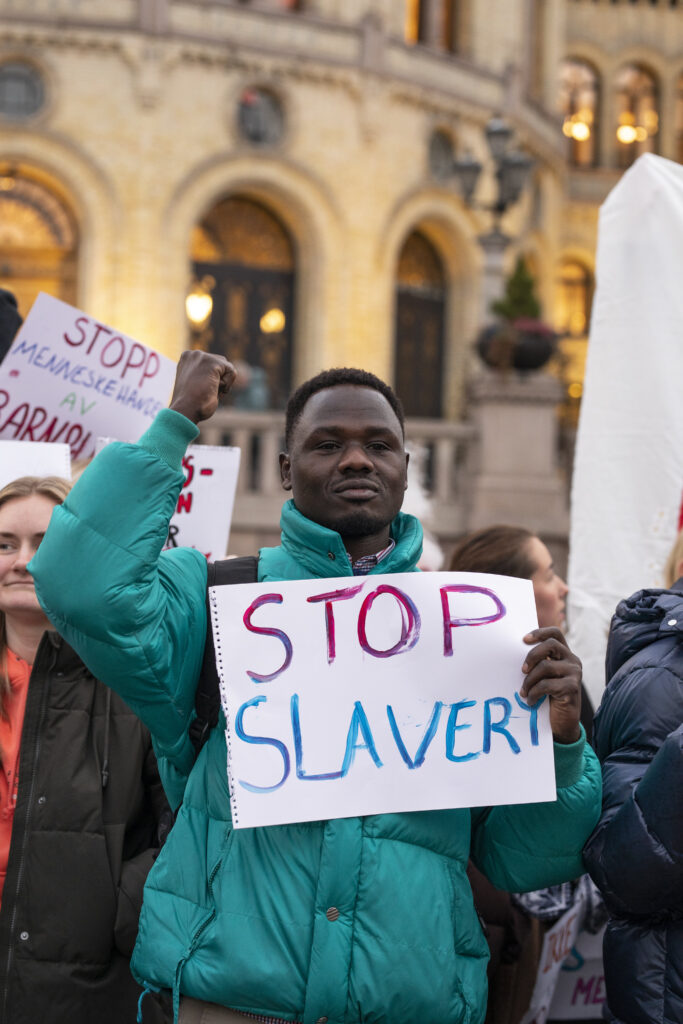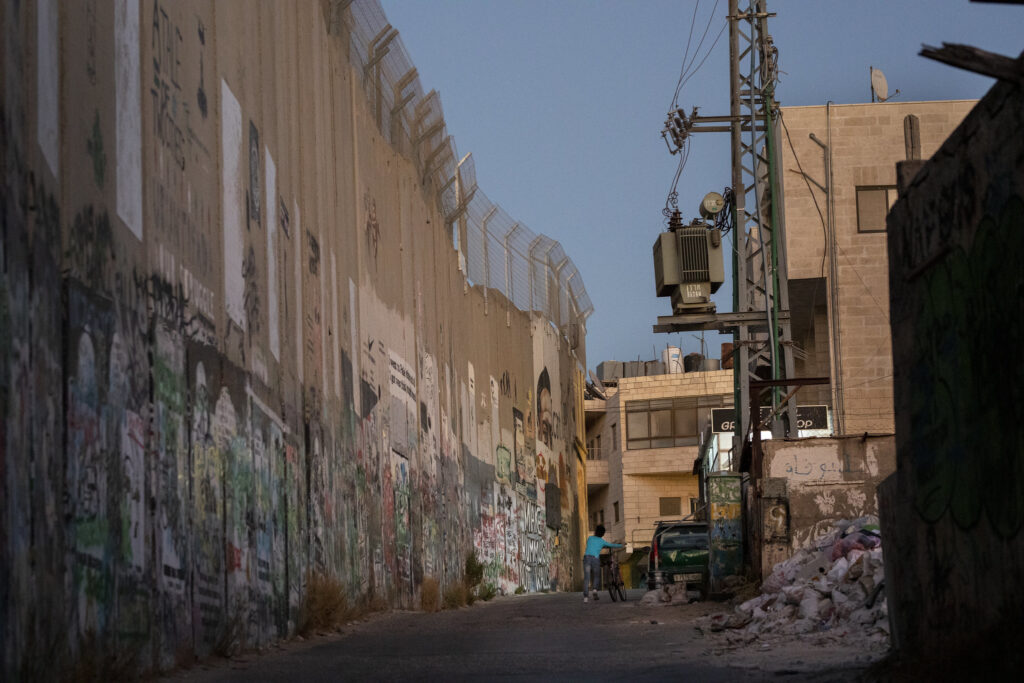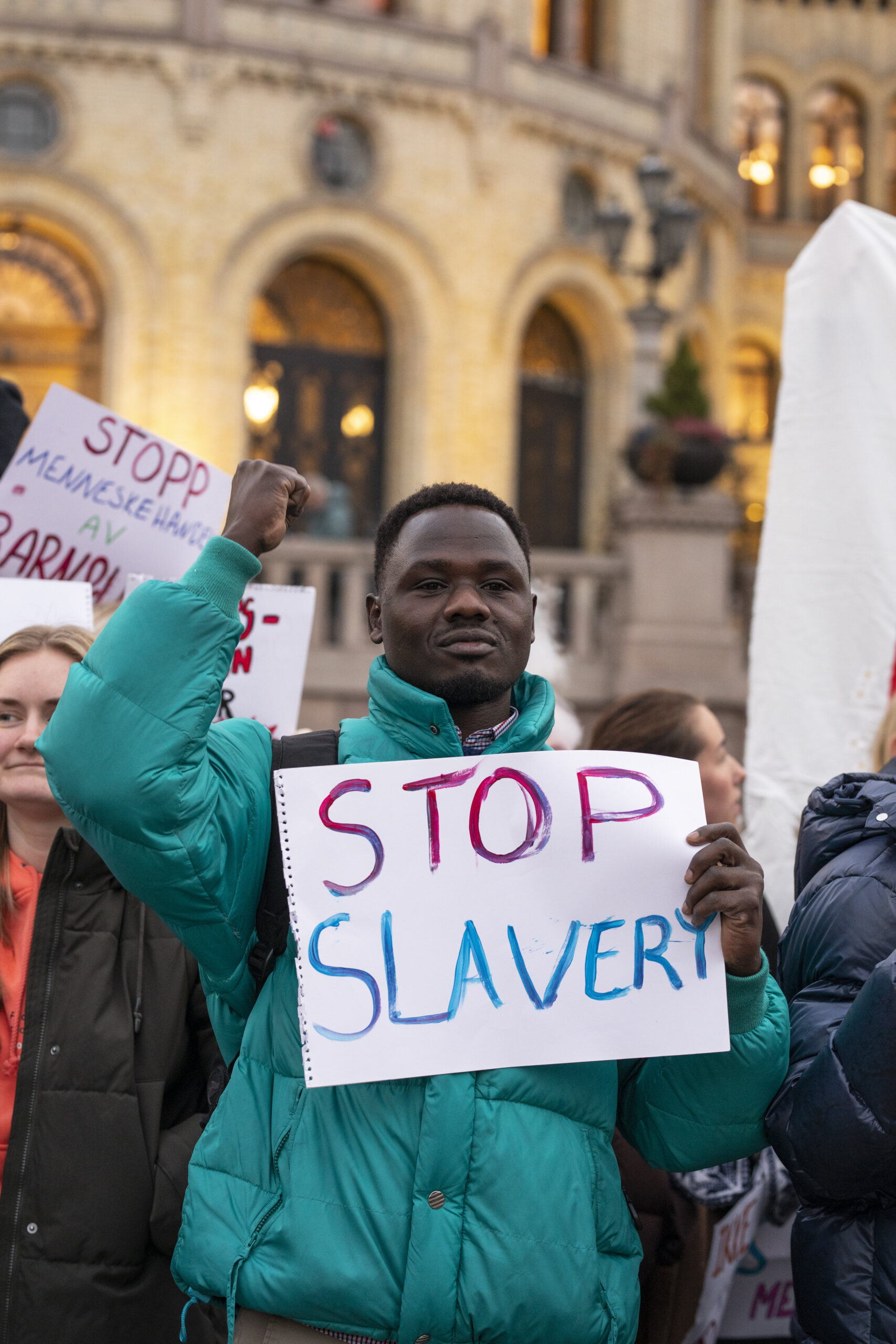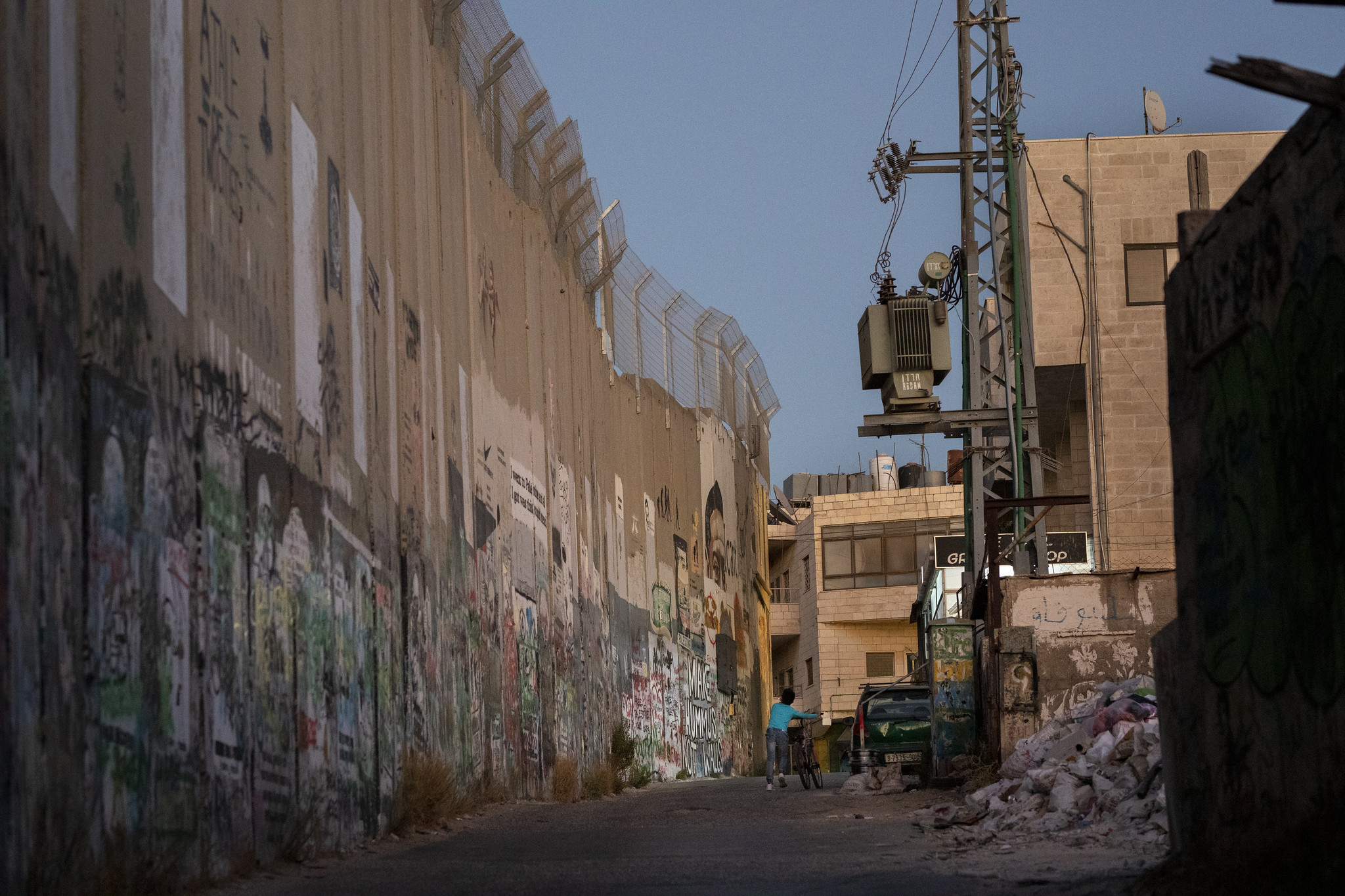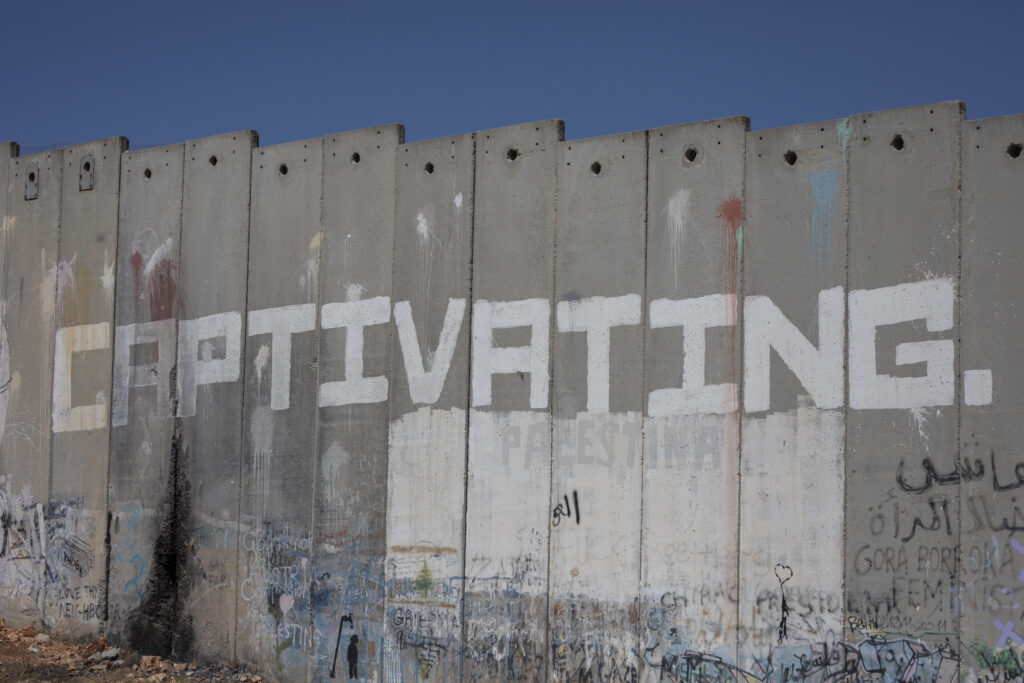
Just Peace
A just peace entails more than the mere absence of war; it involves a fair distribution of resources, freedom of religion, freedom of speech, and equal rights for all. Through our efforts, we provide non-violent tools to youth and women, empowering them to contribute to the creation of lasting peace.
Women’s participation in peace work
In many conflict-ridden nations, men predominantly occupy the negotiation table. The very individuals who wield weapons to advance their agenda convene to draft agreements ostensibly meant to ensure the security of the people. Women are often relegated to the background or excluded entirely. We aim to rectify this situation, as a peace agreement lacking women’s participation cannot be considered just and is unlikely to result in a fair peace. Leveraging international resolutions such as the UN’s Security Resolution 1325, we actively work to reinforce the YWCA’s initiatives in conflict-ridden countries. Our goal is to ensure that women’s voices are not only heard but are actively involved in all peace-related processes.
Non-violent means towards peace
The rise of extremism in various parts of the world necessitates cultivating courage in youth to choose knowledge and democratic processes over violent solutions. By promoting methods that drive societal change without resorting to violence, we equip young individuals with the tools they need to forge a safe and just future.
Reconciliation Between Different Religious and Ethnical Groups
In many regions, reconciliation among diverse groups is imperative for inclusive and enduring peace. Dialogues involving religious leaders, ethnic groups, and spanning generations are crucial to fostering an inclusive society with equal rights for all.
Violence Against Women
Women often bear the brunt of the impact in war and conflict. Both psychological and physical violence against women tends to escalate when a country actively engages in war or in conflict-ridden areas marked by turmoil and uncertainty. We challenge youth to adopt new perspectives on equality and equivalence, encouraging them to think differently and contribute to positive change.
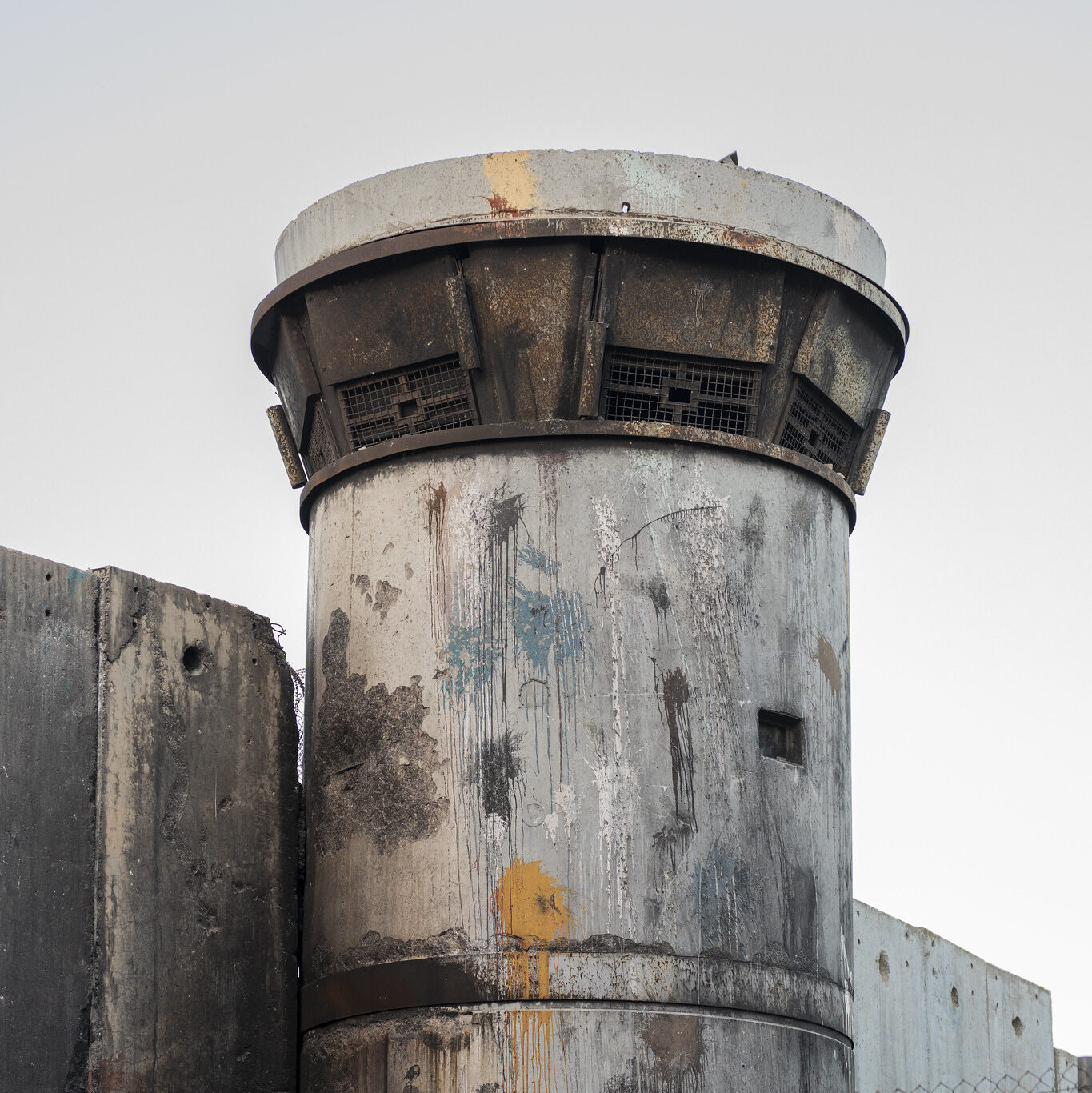
Palestine
We specifically focus on bringing the occupation of Palestine to the forefront of discussion. The occupation prevents Palestinians from living as they desire, subjecting them to daily discrimination based on ethnicity and place of residence. Children and youth endure traumatic experiences, including the imprisonment of minors.
YGlobal primarily aligns with the United Nations (UN) when developing our policy for a just peace in Palestine and Israel. According to the UN, Palestine has been occupied by Israel since 1967. Through various resolutions and statements, the UN asserts that Israel has repeatedly violated, and continues to violate, international law. The extensive wall is deemed illegal, the settlement policy is illegal, and the treatment of the Palestinian people under occupation is, indeed, illegal.
